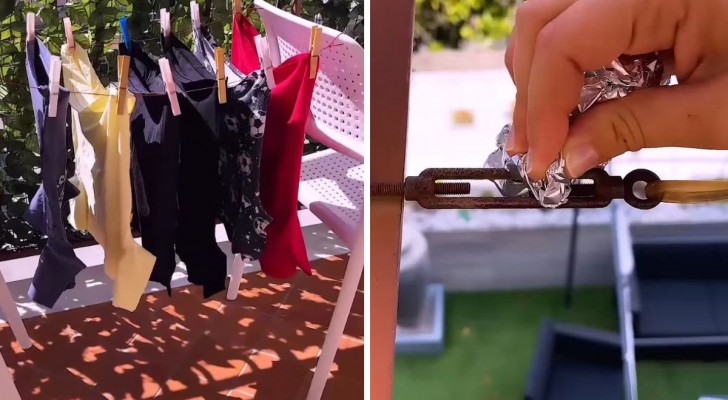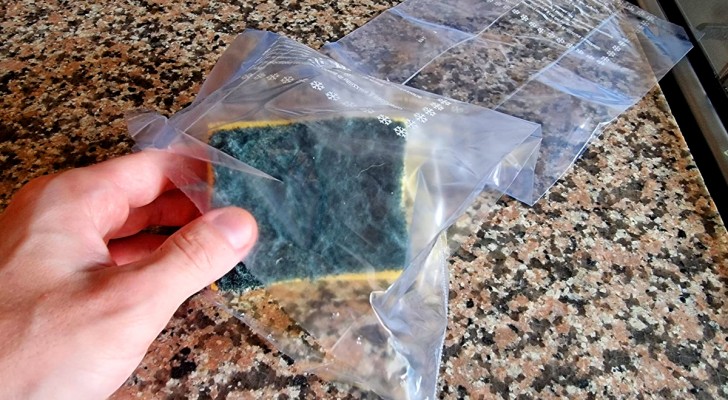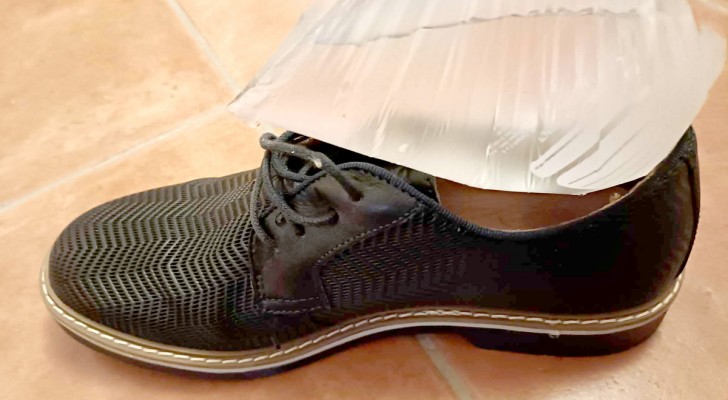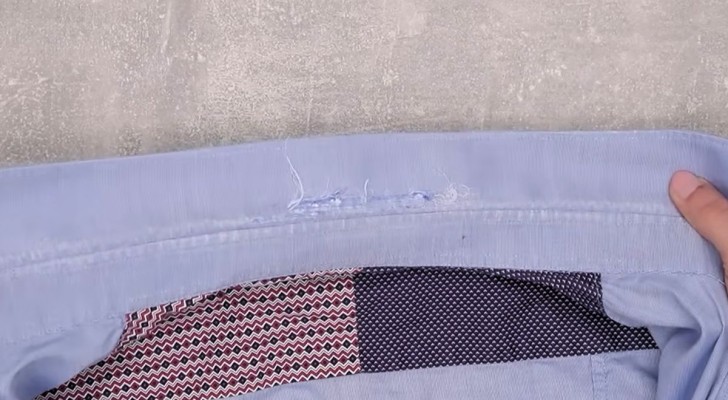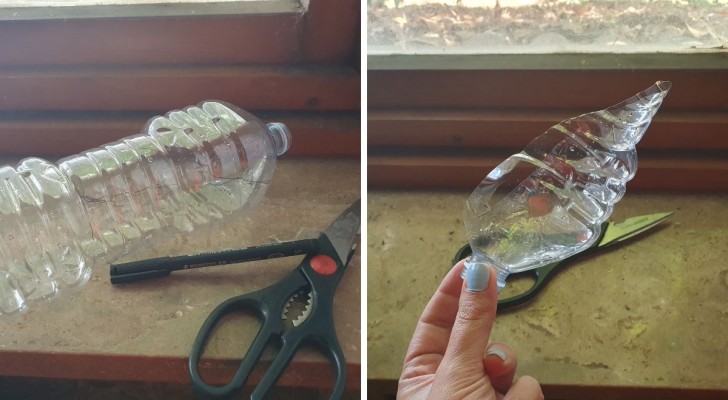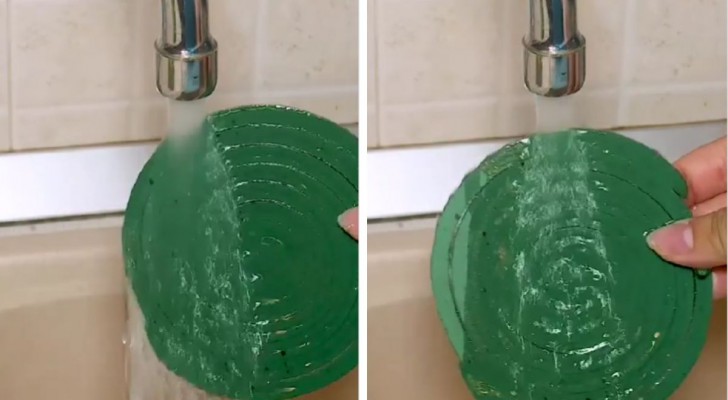Excellent natural remedies to get rid of the limescale crusting around the taps
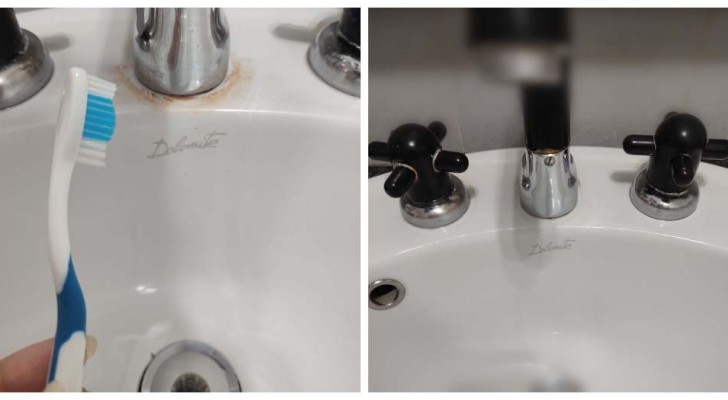
A problem that unfortunately affects everyone and that often needs to be resolved is that of limescale. There are places where the hardness of the water causes it to be deposited on the surfaces of showers, sinks and taps, trapping dirt and forming horrible calcium buildups.
Around the base of the faucet, for example, a circle of encrusted dirt and limescale can develop, which is often difficult to remove. There are, of course, many descaling products on the market, but if you want to avoid using chemicals too often, there are also some effective, natural alternatives. We have listed these here for you, and are ones we believe are the most effective:
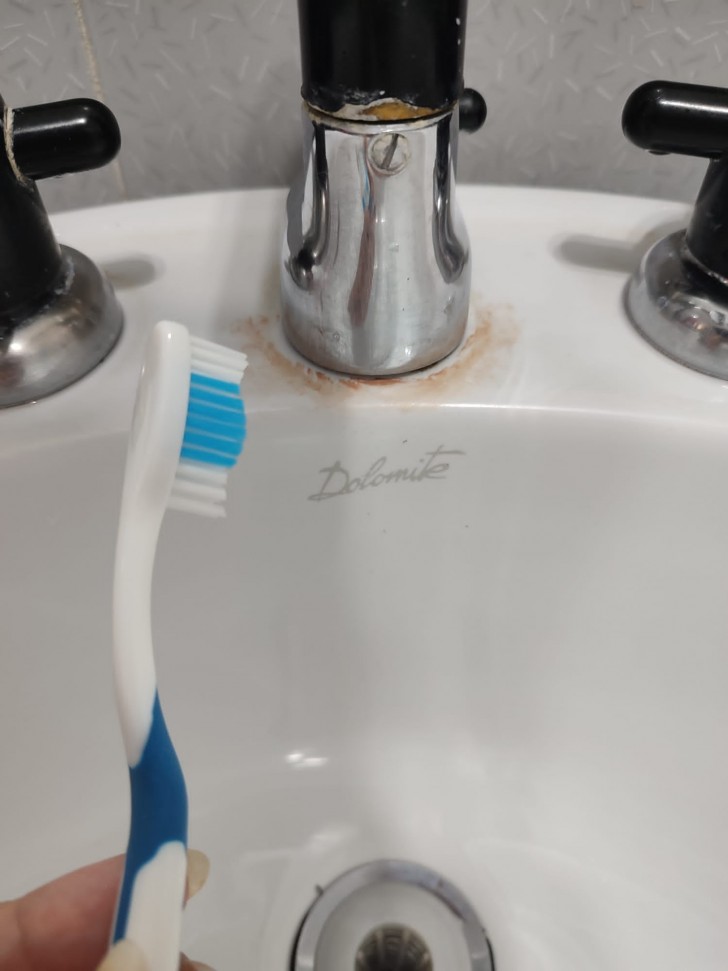
Creativo
The most frequently used natural products to remove limescale are white vinegar, lemon, salt and sodium bicarbonate. When you decide to use them, there are some steps to follow to optimize the final result:
To use lemon or white vinegar:
- Whether you decide to use one or the other, both are acidic products with the property of being able to dissolve limestone. You need to apply them to the affected area, perhaps using a well-soaked cotton ball, and leave them on to act for a few hours.
- After the necessary time (perhaps even a whole night, if necessary), the limescale should have dissolved away and you can scrub off any remaining dirt residue with an old toothbrush.
- Finally, rinse everything off, with the help of a microfiber cloth.
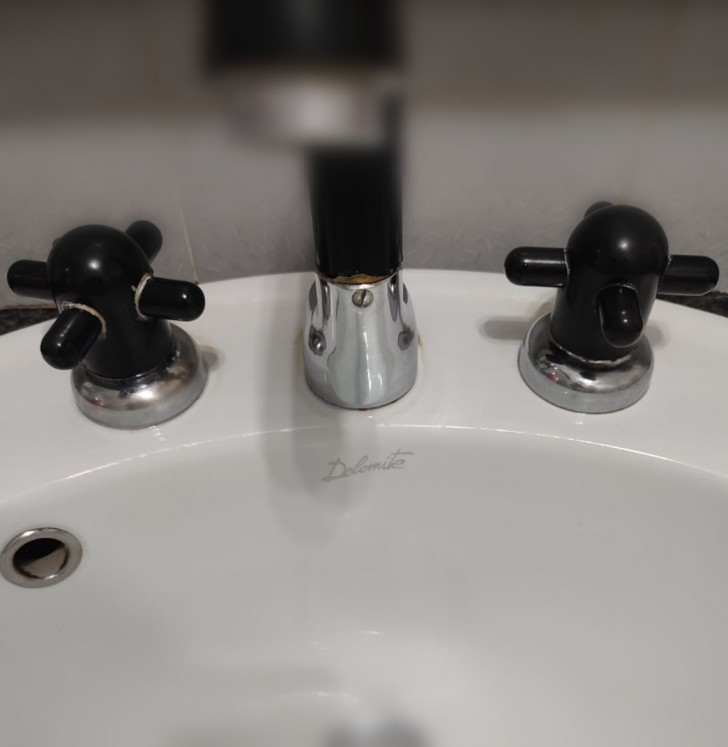
Creativo
To use salt and baking soda:
- Both salt and bicarbonate are abrasive substances, and are capable of dissolving limescale. To sprinkle them on the areas you want to clean it is advisable (whichever you use) to mix them with water to form a paste that has the consistency of a gel. Apply this paste to the taps and areas to be treated and let it act until the paste has dried.
- At this point, scrub the dried paste off using a brush.
- Rinse everything off with water and a microfiber cloth to remove any residue and to help polish the metal.
In all cases, we advise you to always make sure that the ingredients recommended are not too acidic and / or harmful to the surfaces to be treated. On brass, for example, you should avoid using vinegar and lemon. Give it a try and you will be amazed at the results.
